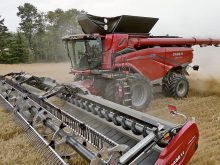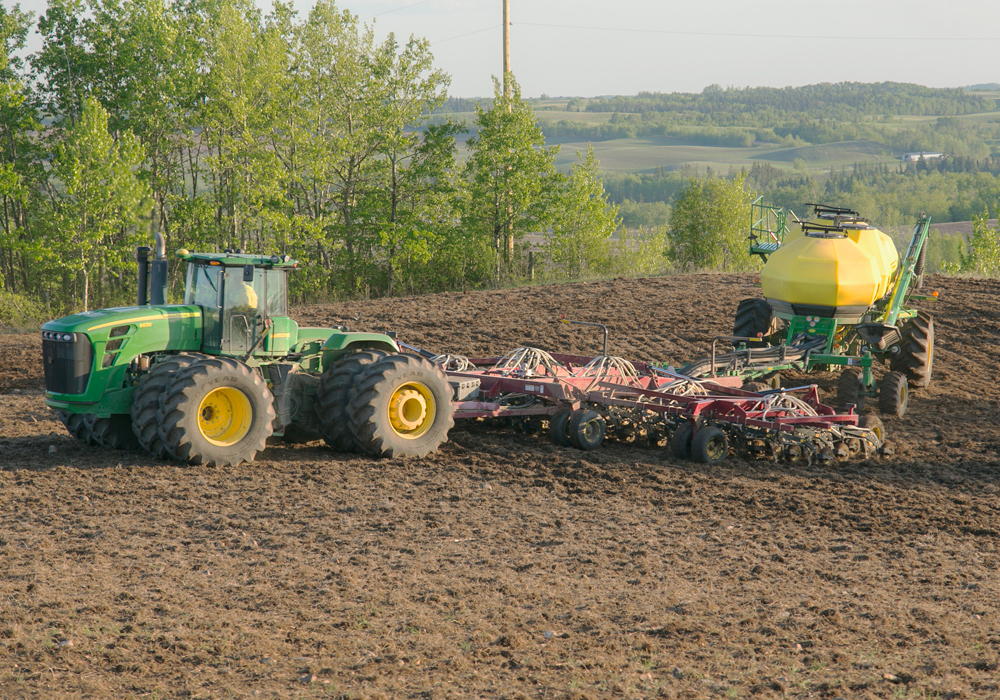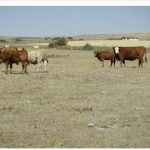DES MOINES, Iowa – Western Canada has been identified as a primary market for new genetics business, says a senior corporate officer with one of the world’s largest crop genetics companies.
Frank Ross, who leads business activities for DuPont’s Pioneer seed company, said the prairie canola seed industry has the potential to be a $500 million business.
“We see significant opportunities for growth in our business. In canola, we saw an increase in our (hybrid canola seed) market share from 13 to 18 percent in 2009 (from 2008). And we have seen indications that we will have growth again in 2010,” he said.
Read Also

Land crash warning rejected
A technical analyst believes that Saskatchewan land values could be due for a correction, but land owners and FCC say supply/demand fundamentals drive land prices – not mathematical models
Last year, the company was the first to release a clubroot-resistant, herbicide-tolerant canola and that process has helped the company develop further insight into the market for the prairie crop.
The company added staff and dealers in Western Canada and built a new seed operation in southern Alberta in 2008.
“We believe that we will continue to expand canola in Western Canada.”
Ross said 95 percent of his company’s sales on the Prairies are in canola.
While meeting farmers to expand Pioneer’s western Canadian canola business, his company heard questions about corn as a rotational crop for the Prairies.
“We have seen the opportunity to expand corn acres, with 75 day (to silking), 1,800 to 2,000 heat unit (corn). There are similar environments and markets (for early maturing corn) in northern and Eastern Europe, but Western Canada has a lot of growers that will take advantage of the latest technology and the acres to support it,” he said.
“They are savvy users of technology. They are looking for a cereal that delivers positive margins, that they can rotate with their canola and they have the ability to manage the agronomy. They already do it in other crops,” he said.
Last year, the company moved some of its northern, regional corn breeding to Carman, Man., from Minnesota.
















